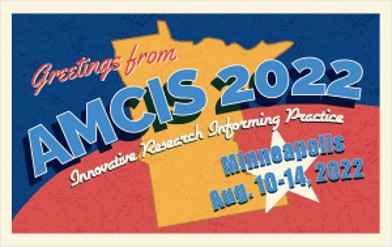SIG Service - Digital Services and Systems for a Human-Centered Future Society
Loading...
Paper Type
Complete
Paper Number
1487
Description
Digital technologies have made a significant impact in agriculture, helping farmers access information from a wide range of markets and get better prices for their products. In particular, aquaculture and shrimp culture are some of the fastest-growing agricultural sub-sectors providing food for the world‘s growing population. The shrimp supply chain in developing countries like India is not efficient and hence unsustainable. The main challenge in aquaculture is the uncertainty found in all stages, including supply, production and distribution. Our study seeks to address the following questions: what are the sources of information inefficiency in the shrimp supply chain? How could a service dominant-logic view of the shrimp farming supply chain inform digitally-enabled innovation in a developing country context? The core contribution of this work is a framework theoretically informed by service-dominant logic and information requirements of the key stakeholders.
Recommended Citation
Kannan, Veena; Mathew, Saji K; and Lehner, Franz, "Digitally Enabled Shrimp Farming: A Service-Dominant Logic View" (2022). AMCIS 2022 Proceedings. 4.
https://aisel.aisnet.org/amcis2022/sig_service/sig_service/4
Digitally Enabled Shrimp Farming: A Service-Dominant Logic View
Digital technologies have made a significant impact in agriculture, helping farmers access information from a wide range of markets and get better prices for their products. In particular, aquaculture and shrimp culture are some of the fastest-growing agricultural sub-sectors providing food for the world‘s growing population. The shrimp supply chain in developing countries like India is not efficient and hence unsustainable. The main challenge in aquaculture is the uncertainty found in all stages, including supply, production and distribution. Our study seeks to address the following questions: what are the sources of information inefficiency in the shrimp supply chain? How could a service dominant-logic view of the shrimp farming supply chain inform digitally-enabled innovation in a developing country context? The core contribution of this work is a framework theoretically informed by service-dominant logic and information requirements of the key stakeholders.
When commenting on articles, please be friendly, welcoming, respectful and abide by the AIS eLibrary Discussion Thread Code of Conduct posted here.



Comments
SIG Services